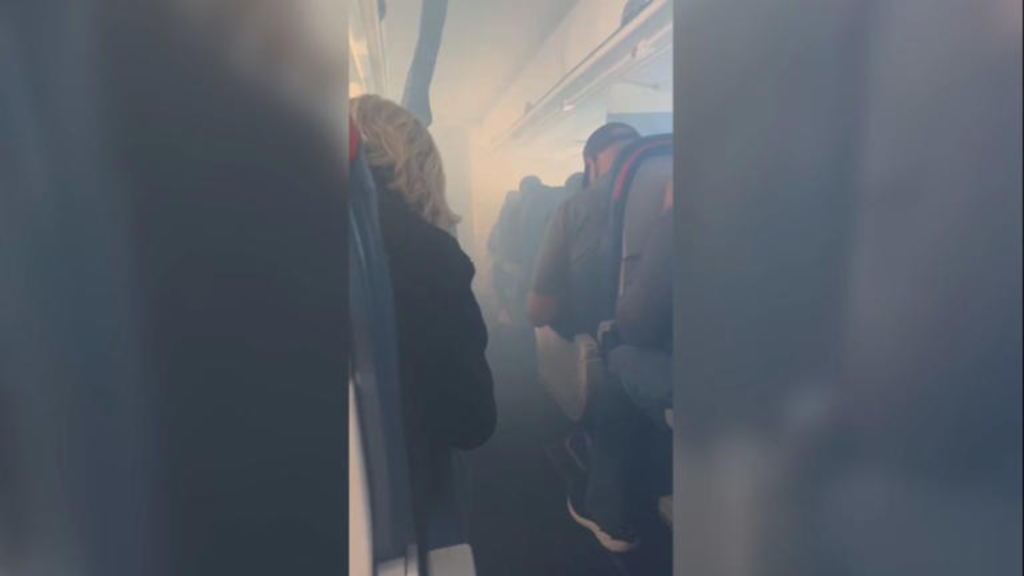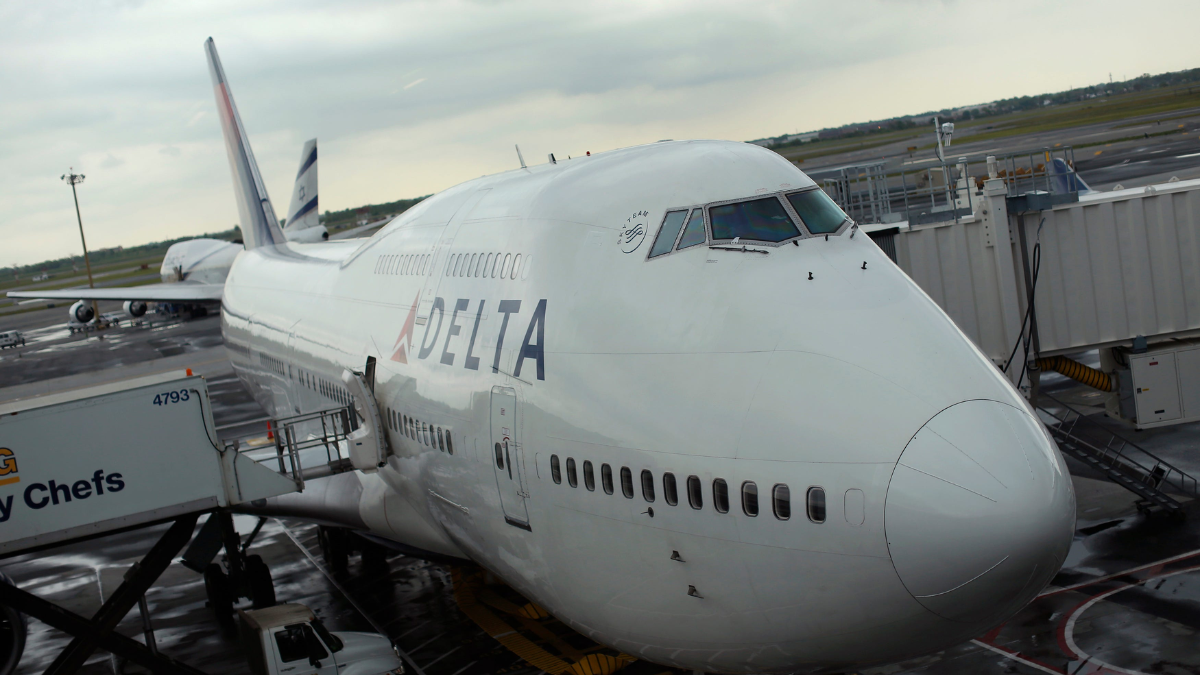Atlanta, GA — In a detailed investigation that has raised questions about aviation safety protocols, the National Transportation Safety Board (NTSB) has reported that no oil was found in the engine of a Delta Air Lines aircraft after it was filled with smoke mid-flight.
The incident, which took place earlier this year, resulted in an emergency landing but no injuries. The NTSB’s findings shed light on the mysterious nature of the event and underscore the importance of ongoing safety investigations in commercial aviation.
Incident Overview
The incident occurred on a domestic Delta Air Lines flight en route from Minneapolis-Saint Paul International Airport to Atlanta Hartsfield-Jackson International Airport. Approximately 30 minutes after takeoff, passengers and crew reported a sudden smell of smoke and visible smoke in the cabin, causing alarm and concern.
The flight crew promptly declared an emergency and initiated protocols to ensure passenger safety.
The pilot executed an emergency landing at the nearest suitable airport without further incident. All passengers and crew evacuated safely, and emergency services responded quickly to assess the situation.
Initial Concerns and Investigation
Given the reports of smoke, initial concerns centered on a potential engine malfunction, possibly related to oil leakage or fire. Engine oil plays a critical role in maintaining the lubrication and operation of an aircraft engine, and its absence or malfunction can lead to catastrophic failures.
The NTSB launched an investigation to determine the root cause of the smoke and assess whether any mechanical failures contributed to the event. Investigators conducted thorough examinations of the aircraft, focusing on the engine, fuel system, electrical components, and cabin ventilation.
Key Findings: No Oil in Engine
Contrary to initial assumptions, the NTSB found that the aircraft’s engine contained no oil at the time of the incident. The report indicated that the engine oil system was empty, but it did not show signs of leakage or mechanical damage that could explain the smoke.
This discovery complicates the narrative as it raises questions about why the oil was absent and what caused the smoke if not an engine oil fire or leak. Investigators noted that the lack of oil should have triggered warnings or alarms before the flight, and they are probing why this did not happen or was not acted upon.

Possible Causes and Theories
With oil-related causes ruled out, the NTSB is exploring other possibilities that may have led to the smoke inside the cabin. These include electrical system malfunctions, overheated components, or issues with the aircraft’s auxiliary power unit (APU).
Electrical fires or short circuits can produce smoke without visible flames, and overheated wiring or components can trigger smoke alarms. The aircraft’s ventilation and smoke detection systems are also under scrutiny to understand how the smoke developed and why it spread into the passenger cabin.
Furthermore, maintenance records and recent repairs are being reviewed to identify any overlooked issues or procedural lapses that may have contributed to the incident.
Implications for Aviation Safety
The absence of engine oil in the report raises critical concerns about maintenance procedures and monitoring systems. Oil is essential for engine health, and its absence typically signifies a severe issue that should be detected during routine checks.
The incident highlights the importance of rigorous pre-flight inspections and the reliability of monitoring systems designed to alert crews to engine problems before they escalate.
Moreover, the event underscores the effectiveness of crew training in handling emergencies. The pilots and cabin crew responded promptly and professionally, managing to land the aircraft safely and evacuate passengers without injury.
Delta Air Lines’ Response
Delta Air Lines issued a statement expressing relief that no injuries occurred and confirming full cooperation with the NTSB investigation. The airline reaffirmed its commitment to safety and stated it would review maintenance procedures in light of the findings.
“Safety is our top priority,” the statement read. “We will work closely with the NTSB and other regulatory bodies to understand the cause of this incident and take any necessary actions to prevent recurrence.”
What Passengers Can Learn
For passengers, incidents involving smoke on a flight can be frightening. Aviation experts advise staying calm, following crew instructions, and trusting the rigorous safety standards airlines maintain.
Incidents like this remind travelers of the complex systems involved in modern air travel and the continuous efforts to enhance safety.
Conclusion
The NTSB’s report revealing no oil in the engine after the Delta Air Lines flight filled with smoke challenges conventional assumptions about such emergencies.
While the root cause remains under investigation, the incident highlights the critical nature of maintenance, monitoring, and crew preparedness in ensuring aviation safety.
As the NTSB continues its work, the aviation community remains vigilant in learning from these events to maintain the highest safety standards.
For more information on aviation safety and ongoing investigations, visit the National Transportation Safety Board’s official website.
Disclaimer – Our team has carefully fact-checked this article to make sure it’s accurate and free from any misinformation. We’re dedicated to keeping our content honest and reliable for our readers.
